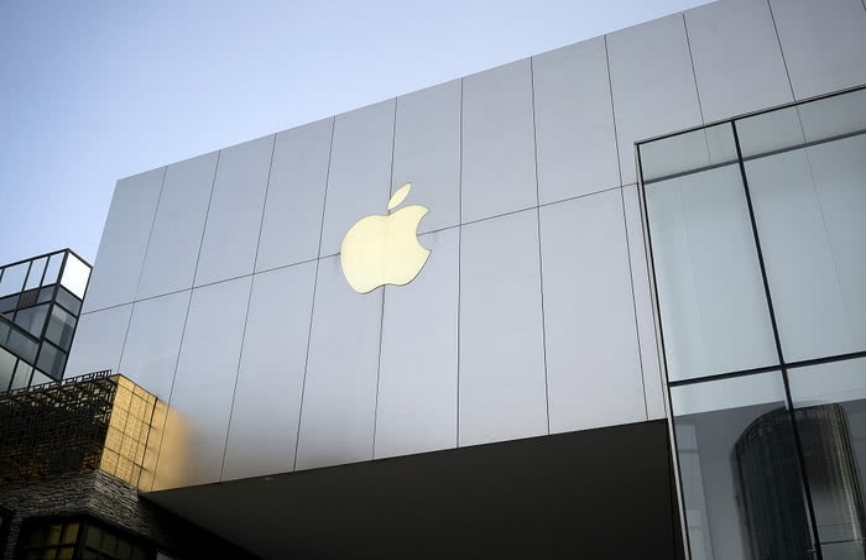
On August 1st local time, Intel, a Silicon Valley chip manufacturer in the United States, announced that it will carry out large-scale layoffs, cutting more than 15000 jobs. This news is like a bombshell and has attracted widespread attention and discussion in the technology field.
As a globally renowned chip manufacturing giant, Intel's layoffs amount to 15% of its total workforce, which is not insignificant. This measure reflects the severe situation and enormous pressure currently faced by Intel. Against the backdrop of increasingly fierce global technological competition and constantly changing demand in the chip market, Intel has had to adopt such aggressive measures to adjust its operational strategy to adapt to market changes and challenges.
In addition, Intel has announced other restructuring measures and plans to reduce expenses, which are expected to cut costs by $10 billion by 2025, and has also stated that dividends will be discontinued in the fourth quarter.
Intel's layoffs this time are not isolated incidents, but closely linked to a series of restructuring measures and cost reduction plans. The announcement of a reduction in capital expenditures and an expected cost reduction of $10 billion by 2025 demonstrates Intel's high emphasis on cost control. In order to save funds, even suspending dividends in the fourth quarter, this series of actions indicates Intel's tight financial situation and uncertainty about future development.
From the perspective of industry development, Intel's layoffs reflect the increasingly fierce competition in the chip manufacturing industry. With the continuous advancement of technology and rapid changes in market demand, chip manufacturers are facing enormous innovation pressure. New competitors continue to emerge and the pace of technological iteration accelerates, forcing traditional giants like Intel to constantly adjust their strategies to maintain their position in the market. In this process, optimizing human resource allocation and reducing costs have become inevitable choices.
However, layoffs are not all negative impacts for Intel. From a positive perspective, by reducing job positions and costs, Intel can focus more resources on core business and key technology research and development. This helps to improve the operational efficiency of the company, accelerate the pace of product innovation, and thus occupy a more advantageous position in future market competition. At the same time, layoffs can also prompt Intel to re-examine its business structure and organizational structure, optimize management processes, and enhance the overall competitiveness of the enterprise.
For laid-off employees, this is undoubtedly a heavy blow. They not only face the dilemma of losing their jobs, but also need to re plan their careers. However, from another perspective, this may also provide them with an opportunity to re-examine their career development direction, prompting them to improve their skills and knowledge levels to adapt to the constantly changing demands of the job market.
For the entire technology industry, Intel's layoffs have also sounded the alarm. It reminds other enterprises to closely monitor market trends, constantly innovate and optimize their business models to cope with increasingly fierce competition and uncertainty. At the same time, this also calls on the government and all sectors of society to strengthen support and guidance for the technology industry, and promote its healthy and stable development.
In the future development, it will take time to test whether Intel can achieve a magnificent turnaround and rise again through this strategic adjustment. But it can be certain that this layoff event will become an important turning point in Intel's development process and will have a profound impact on the global chip manufacturing industry.
This layoff is a major event in Intel's development history and will have a significant impact on the global economy. We look forward to Intel successfully achieving transformation and upgrading after experiencing this pain, and continuing to make important contributions to the development of global technology. At the same time, we also hope that all sectors of society can work together to provide assistance and support to employees affected by layoffs, and jointly respond to the challenges and opportunities in the development of the technology industry.

Recently, according to 9To5Mac, the Apple Podcasts app was exposed to have the problem of automatically redirecting unsubscribed programs, and some of the redirected programs were suspected to contain malicious links.
Recently, according to 9To5Mac, the Apple Podcasts app was …
Recently, multiple Federal Reserve officials have publicly …
Ukrainian President Vladimir Zelensky met with French Presi…
In November 2025, South Korean e-commerce giant Coupang was…
On December 2, 2025, the international silver market witnes…
On November 30 local time, a report released by the Stockho…